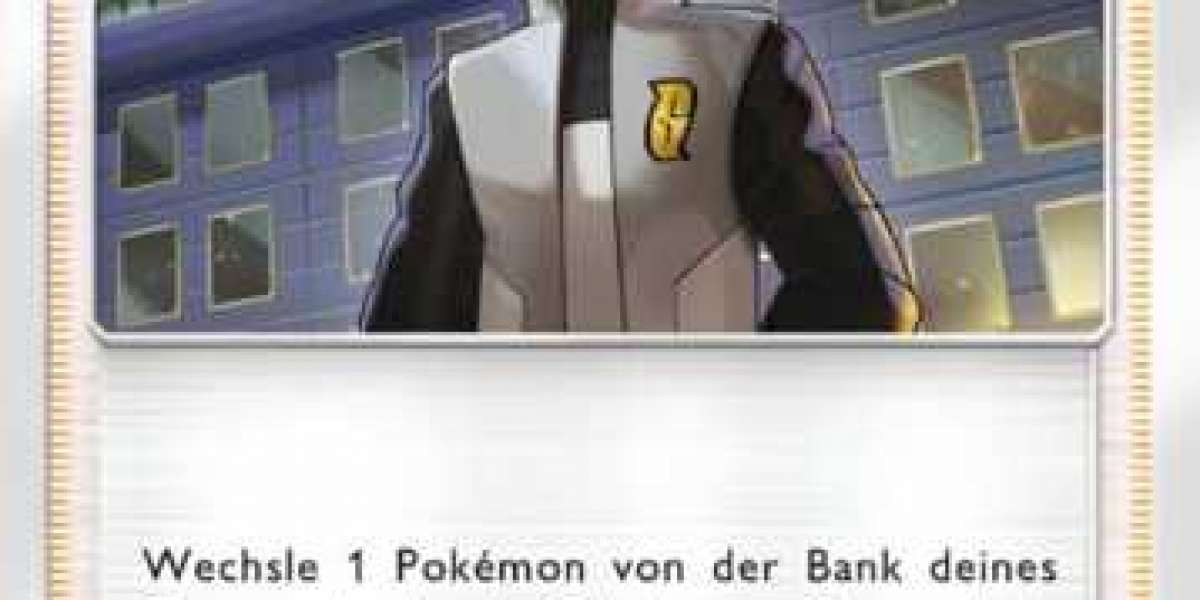Surabaya, the second-largest city in Indonesia and the capital of East Java, is a dynamic metropolis that perfectly blends modernity with tradition. Often overshadowed by Jakarta in the media, Surabaya has carved out its own identity as a thriving port city, a center of commerce, and a cultural hotspot in the heart of Java. Known as the "City of Heroes" due to its significant role in Indonesia’s independence struggle, Surabaya offers a wealth of attractions, a rich history, and an energetic atmosphere that makes it a must-visit destination for travelers seeking to explore Indonesia beyond the typical tourist spots.
In this article, we’ll dive deep into what makes Surabaya a unique destination, exploring its history, key attractions, culture, cuisine, and more. Whether you’re a history buff, a food lover, or a nature enthusiast, Surabaya has something to offer.
A Brief History of Surabaya
Surabaya’s history stretches back to the 13th century, and its name is thought to derive from the Javanese words "sura" (shark) and "baya" (crocodile), symbolizing the fierce struggle between these two animals. This mythological interpretation reflects the city's long-standing reputation as a place of power and resilience. Historically, Surabaya was an important trading port in the Majapahit Empire and, later, a vital center during Dutch colonial rule.
In the mid-20th century, Surabaya became a focal point in Indonesia's independence struggle. The city is best known for the Battle of Surabaya in November 1945, when Indonesian nationalists fought against British and Dutch forces. This battle became a symbol of resistance and patriotism, and Surabaya earned the title of "City of Heroes". Today, the legacy of the battle is preserved in various monuments and memorials around the city.
After independence, surabaya city quickly grew into one of Indonesia's most important commercial centers due to its strategic location along the northern coast of Java. Its thriving port, Tanjung Perak, remains one of the busiest and most vital in the country. Over the years, the city has transformed into a bustling urban center while retaining a strong connection to its historical and cultural roots.
Key Attractions in Surabaya
Surabaya offers a mix of historical landmarks, modern attractions, and cultural experiences that reflect the diversity of the city’s character. Whether you're exploring the old town, enjoying the modern shopping malls, or visiting peaceful green spaces, there’s always something to do in Surabaya.
1. Monumen Kapal Selam (Submarine Monument)
One of the most unique attractions in Surabaya is the Monumen Kapal Selam, or Submarine Monument. This museum is housed in a retired Soviet-era submarine that once served in the Indonesian Navy. Located in the city center, the monument offers visitors a fascinating glimpse into naval history. You can explore the submarine’s interior, view displays about the history of Indonesia’s naval forces, and learn about the significance of the submarine in Indonesia’s military history. It’s an educational and quirky stop for those interested in Surabaya’s role in Indonesia’s defense.
2. Surabaya’s Old Town (Kota Tua)
Like many Southeast Asian cities, Surabaya’s Kota Tua, or Old Town, is home to a variety of colonial-era buildings, offering a look at the city’s rich history under Dutch rule. Walking through this district, you'll find old Dutch-style buildings, some of which have been preserved, while others have been repurposed into modern cafes, offices, and shops. Highlights include the Surabaya City Hall, The House of Sampoerna, and Jembatan Merah (Red Bridge), all of which offer insight into Surabaya’s past and present.
The House of Sampoerna is a must-visit for those interested in the city’s role as a tobacco center. This old Dutch building has been converted into a museum and visitor center that showcases the history of the Sampoerna cigarette brand, one of Indonesia’s largest tobacco companies. It’s an opportunity to learn about the heritage of the tobacco industry in Surabaya while also enjoying the historical architecture.
3. Tugu Pahlawan (Heroes Monument)
The Tugu Pahlawan or Heroes Monument is perhaps the most iconic symbol of Surabaya’s role in Indonesia’s independence. This tall obelisk is dedicated to the fallen heroes of the Battle of Surabaya in 1945. The monument is surrounded by a beautiful park and several other memorials that commemorate the bravery of those who fought for Indonesia’s independence. It’s an important site for history enthusiasts and serves as a reminder of the city’s significant role in the nation’s history.
4. Surabaya Zoo
For animal lovers, the Surabaya Zoo is a great place to explore. Founded in 1916, the zoo is one of the oldest in Indonesia and is home to a variety of animals, including endangered species such as the Javan rhinoceros and orangutans. The zoo has been undergoing renovation in recent years, making it a more enjoyable and educational experience for visitors. It’s a family-friendly attraction that provides insight into Indonesia’s diverse wildlife.
5. Kenjeran Beach
For a break from the urban hustle and bustle, visitors can head to Kenjeran Beach, located on the eastern side of Surabaya. This area has become a popular weekend getaway for locals, offering a peaceful retreat with views of the sea, fishing villages, and a lively promenade with food stalls. The beach itself is not particularly pristine, but it offers a relaxing atmosphere and a place to enjoy the sunset. Nearby, you’ll also find the Kenjeran Park, which includes temples, a Buddha statue, and walking paths.
6. Surabaya’s Shopping and Modern Attractions
Surabaya has become a modern city with sprawling shopping malls, entertainment centers, and cultural venues. Tunjungan Plaza, the largest shopping mall in East Java, offers a wide variety of international brands, dining options, and entertainment. Ciputra World Surabaya and Galaxy Mall are other popular shopping destinations where visitors can shop for everything from fashion to electronics.
For those interested in art and culture, Balai Pemuda (Youth Hall) and Museum Mpu Tantular are excellent places to immerse yourself in Surabaya’s creative and cultural scene. These venues host exhibitions, performances, and events that showcase the city’s modern artistic expression.
Culture and Food Scene in Surabaya
surabaya city food scene is a melting pot of flavors, with influences from Java, China, and other parts of Indonesia. The city is renowned for its unique dishes that are rich in spices and savory flavors. Here are a few culinary delights you should try:
- Rujak Cingur: A Surabaya specialty, Rujak Cingur is a salad made from a mixture of vegetables, fruits, and cingur (sliced cow’s nose), all tossed in a savory, spicy sauce.
- Sate Lontong: A variation of the popular satay dish, Sate Lontong consists of skewered, grilled meat served with rice cakes and a rich peanut sauce.
- Lontong Balap: A Surabaya street food dish consisting of rice cakes, bean sprouts, tofu, and a broth served with shrimp crackers.
- Tahu Tek: A popular Surabaya snack, Tahu Tek features fried tofu served with a spicy peanut sauce, boiled potatoes, and crackers.
In addition to its food, Surabaya is known for its vibrant arts scene, which includes traditional Javanese dance performances, contemporary art exhibitions, and festivals such as the Surabaya Carnival and the Chinese New Year Celebrations. These cultural events highlight the city’s diversity, with strong Javanese, Chinese, and Islamic influences shaping local traditions.
Practical Tips for Visiting Surabaya
- Best Time to Visit: Surabaya has a tropical climate, with hot and humid conditions year-round. The best time to visit is during the dry season, from April to October, when the weather is cooler and more comfortable for outdoor activities.
- Getting Around: Surabaya is a modern city with a well-established transportation network. You can use taxis, online ride-hailing services like Go-Jek and Grab, or public transportation to get around the city. For a more immersive experience, consider renting a bicycle to explore the city at a leisurely pace.
- Safety and Security: Surabaya is generally a safe city for tourists, but like in any big city, it’s important to stay aware of your surroundings and take basic precautions, such as securing your belongings.
Conclusion
Surabaya is a city that offers much more than meets the eye. From its rich historical significance as the “City of Heroes” to its bustling modern shopping districts and diverse culinary delights, Surabaya is a fascinating destination that combines the old and the new in a seamless way. Whether you're exploring historical landmarks like Tugu Pahlawan and the Submarine Monument, enjoying the vibrant food scene, or simply relaxing at Kenjeran Beach, Surabaya is a city that captures the essence of Indonesia’s East Java region. So, the next time you're planning a trip to Indonesia, don’t overlook this dynamic city—Surabaya is waiting to be discovered.







